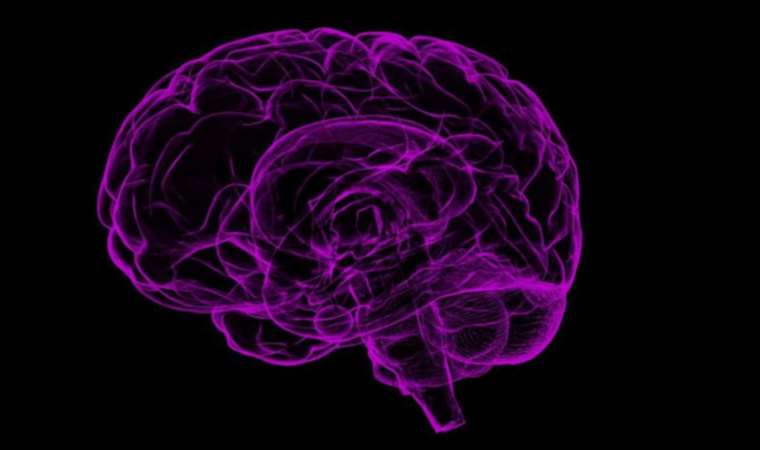Artificial Intelligence and Neurocinema
Fehmi Gerçeker, Producer - Director

Cinema is a visual masterpiece that amalgamates various art forms, offering you a unique perspective from the artist's lens. Whether you visit a cinema or indulge in this spectacle from the comfort of your home, you're bound to relish the experience.?
Consider this: a screenwriter may have dedicated years to crafting the film's script, hundreds of individuals collaborate to bring the film to life, and a director meticulously shapes it for your enjoyment. You either venture out to witness the culmination of these talents on the big screen or sit in front of your television, ready to immerse yourself in the cinematic journey.
?Today, cinema has undergone a profound transformation, courtesy of the remarkable surge in brain-related research and discoveries in recent years. Films are now crafted with the audience's neural responses in mind, effectively swapping the roles of producer and audience.
Marketing Method?
The capitalist system wasted no time in harnessing these discoveries to its advantage. Initially, brain research yielded medical breakthroughs, but soon, capitalism directed its efforts towards understanding how these innovations could be employed to influence consumers' minds, enhance product penetration, and boost sales. This marked the birth of neuro-marketing.?
In the contemporary landscape, employing neuro-marketing techniques enables a product to effectively communicate "buy me" to the consumer's brain, from its packaging and graphic design to its advertising campaigns. A product that fails to evoke this response in the consumer's brain is bound to struggle in the market.
This approach has effectively placed consumer behavior under control, and the film industry, one of the world's most lucrative markets, was not exempt. The film production and distribution industry rakes in more than 20 billion dollars annually, making it a prime target. Moreover, cinema is one of the most potent tools for subtle persuasion, a form of "brainwashing."
Taking all these factors into account, the 2010s saw a significant shift in brain research, leading to the emergence of neurocinema at Princeton University.
Neurocinema is a scientific discipline that delves into how a film influences a person's brain by mapping neural activity during the viewing experience.
Today, Hollywood films undergo neurocinema testing as a prerequisite for distribution.
Scientific Documents
In the neurocinema testing process, the viewer is placed inside an fMRI device, watching the film on a screen specially integrated into the apparatus. Meanwhile, neuroscientists in an adjacent room meticulously observe the neural activities within the viewer's brain. Every second of the viewing experience is meticulously documented, revealing how specific scenes, characters, or dialogues impact various regions of the viewer's brain, such as fear, love, excitement, and more.
After the neurosinema tests, the film is sent back to editing. Scenes, characters and even dialogues that do not affect the viewer's brain are removed and sometimes certain scenes of the film are reshot. The aim, of course, is to make films (products) that affect the audience (consumers) the most, and thus to make films that reach more people (profit).

En Çok Okunan Haberler
-
 Savunma sanayi firmalarının ürünleri, Din dersinde!
Savunma sanayi firmalarının ürünleri, Din dersinde!
-
 Akşener'den kurultayda 'veda' konuşması
Akşener'den kurultayda 'veda' konuşması
-
 Metin Külünk'ten, Şimşek'e 'fotoğraflı' uyarı
Metin Külünk'ten, Şimşek'e 'fotoğraflı' uyarı
-
 Erdoğan'ın ABD ziyareti ertelendi!
Erdoğan'ın ABD ziyareti ertelendi!
-
 Hazine ve Maliye Bakanlığı’ndan KDV zammı
Hazine ve Maliye Bakanlığı’ndan KDV zammı
-
 Arda Güler ilk 11 çıktı ve golünü attı!
Arda Güler ilk 11 çıktı ve golünü attı!
-
 Korhan Berzeg’i arama çalışmalarında yeni bulgu!
Korhan Berzeg’i arama çalışmalarında yeni bulgu!
-
 Serdar Aziz'den flaş paylaşım!
Serdar Aziz'den flaş paylaşım!
-
 Nihat Kahveci'den Süper Lig iddiası
Nihat Kahveci'den Süper Lig iddiası
-
 'Arda Güler gelecek sezon...'
'Arda Güler gelecek sezon...'

















